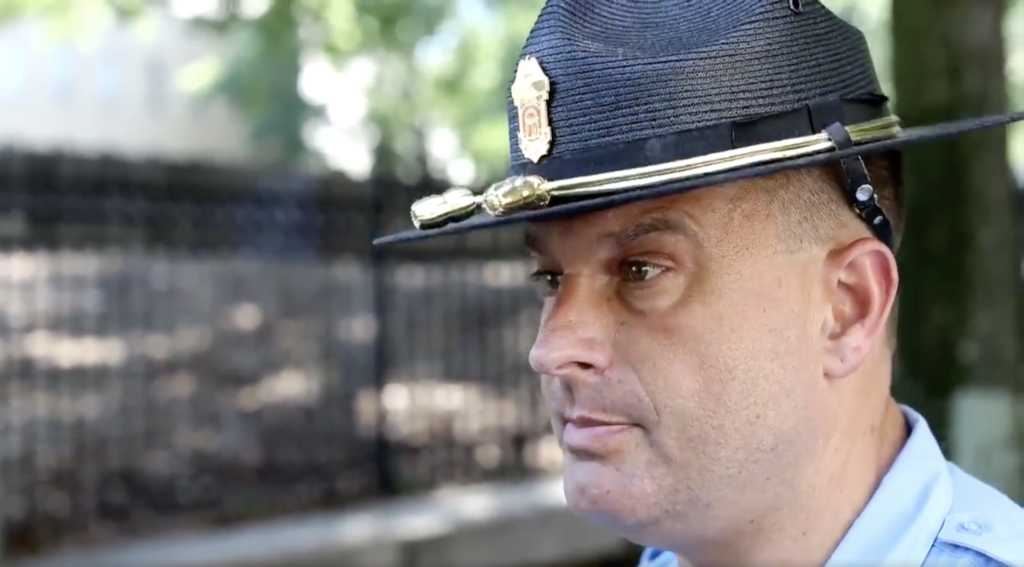There is much room for improvement in the U.S. and that reality is no clearer than when one turns to the crisis of care currently plaguing America’s heroes.
At 10:45 a.m. on Tuesday, a 58-year-old man identified by the Georgia Bureau of Investigation as John Michael Watts, a homeless Air Force veteran upset with the Department of Veterans Affairs, set himself on fire after parking his car and walking toward the state capitol in Atlanta.
https://twitter.com/johnjspink/status/1011636400578596865
Watts, who was able to speak after the fire was extinguished despite 90 percent of his body being burned, was then transported to Grady Memorial Hospital in critical condition, according to The New York Times.
“He did indicate that he is disgruntled with the V.A. system and was seeking attention for that,” Capt. Mark Perry of the Georgia State Patrol said, noting the man was “strapped with some kind of incendiary devices” as he marched toward the government building.
Mark McDonough, commissioner for the Georgia Department of Public Safety, described the incident as a “personal protest” against the Department of Veterans Affairs.
The incident unfolded while Natalie Dale, a spokeswoman for the state Department of Transportation, was holding a news conference alongside law enforcement officers announcing a new state law regarding the use of mobile devices while driving.
GDOT media relations specialist Natalie Dale reacts to several loud banging noises heard as she was speaking during press conference on new distracted driving laws | MUCH more on @CBS46 News at Noon pic.twitter.com/DLph2TvVr1
— Atlanta News First (@ATLNewsFirst) June 26, 2018
Though distracted, Dale tried to continue speaking but eventually the state troopers all left her side and ran toward the sirens and explosion sounds, which were initially thought to be recreational fireworks.
Unfortunately, this recent incident is not the first time a desperate veteran has acted out in such an alarming fashion. In March 2016, a 51-year-old Gulf War veteran, Charles Ingram, died after similarly setting himself on fire outside a Veterans Affairs clinic in northern New Jersey, according to USA Today. Ingram committed suicide after the clinic failed on multiple occasions to ensure he received adequate mental health care.
Soldier On: Unique Rehabilitation Program Offers Hope to Formerly Imprisoned Veterans
Ingram had received mental health treatment at the clinic in 2011, but repeatedly had to wait more than a month for appointments. Furthermore, he didn’t see a therapist in the year prior to his death.
Typically, when patients go a year without seeing a professional health care provider, Veterans Affairs policy requires mental health providers reach out to them. But according to the inspector general who investigated the case, there were “no attempts” to follow up with Ingram.
Please keep John Michael Watts and other veterans who might be struggling badly in your prayers.



